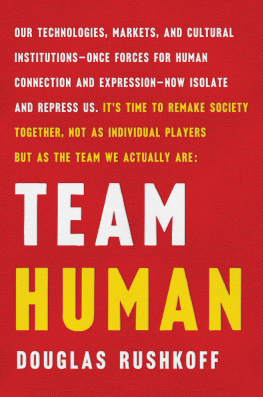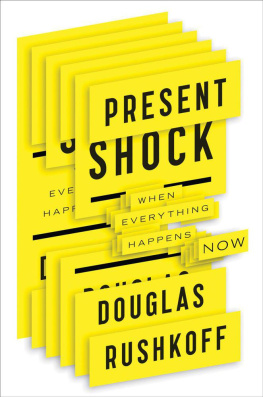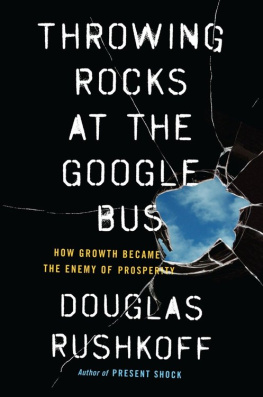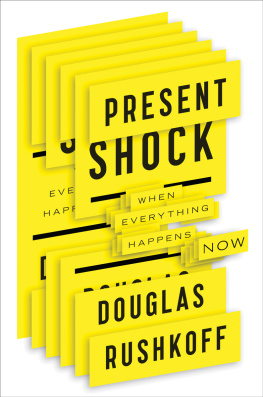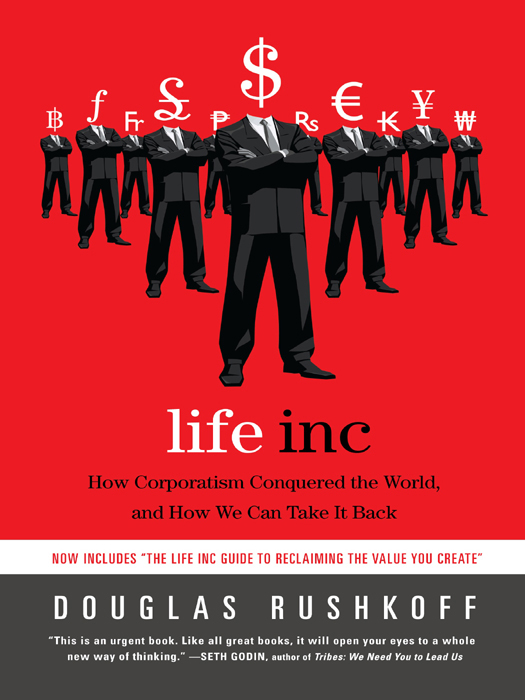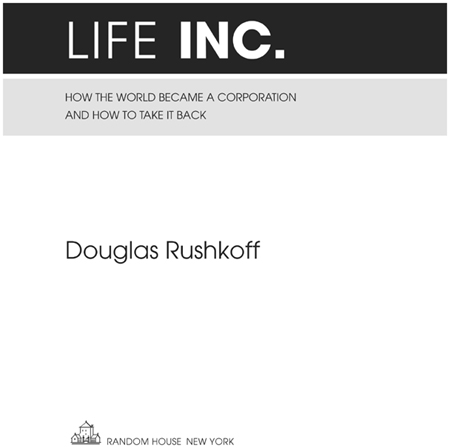INTRODUCTION
Your Money or Your Life
A Lesson on the Front Stoop
I got mugged on Christmas Eve.
I was in front of my Brooklyn apartment house taking out the trash when a man pulled a gun and told me to empty my pockets. I gave him my money, wallet, and cell phone. But thenremembering something Id seen in a movie about a hostage negotiatorI begged him to let me keep my medical-insurance card. If I could humanize myself in his perception, I figured, hed be less likely to kill me.
He accepted my argument about how hard it would be for me to get care without it, and handed me back the card. Now it was us two against the establishment, and we made something of a deal: in exchange for his mercy, I wasnt to report himeven though I had plainly seen his face. I agreed, and he ran off down the street. I foolishly but steadfastly stood by my side of the bargain, however coerced it may have been, for a few hours. As if I could have actually entered into a binding contract at gunpoint.
In the meantime, I posted a note about my strange and frightening experience to the Park Slope Parents lista rather crunchy Internet community of moms, food co-op members, and other leftie types dedicated to the health and well-being of their families and their decidedly progressive, gentrifying neighborhood. It seemed the responsible thing to do, and I suppose I also expected some expression of sympathy and support.
Amazingly, the very first two emails I received were from people angry that I had posted the name of the street on which the crime had occurred. Didnt I realize that this publicity could adversely affect all of our property values? The sellers market was already difficult enough! With a famous actor reportedly leaving the area for Manhattan, does Brooklyns real-estate market need more bad press? And this was before the real-estate crash.
I was stunned. Had it really come to this? Did people care more about the market value of their neighborhood than what was actually taking place within it? Besides, it didnt even make good business sense to bury the issue. In the long run, an open and honest conversation about crime and how to prevent it should make the neighborhood safer. Property values would go up in the end, not down. So these homeowners were more concerned about the immediate liquidity of their town houses than their long-term asset valuenot to mention the actual experience of living in them. And these were among the wealthiest people in New York, who shouldnt have to be worrying about such things. What had happened to make them behave this way?
It stopped me cold, and forced me to reassess my own long-held desire to elevate myself from renter to owner. I stopped to thinkwhich, in the midst of an irrational real-estate craze, may not have been the safest thing to do. Why, I wondered aloud on my blog, was I struggling to make $4,500-per-month rent on a two-bedroom, fourth-floor walk-up in this supposedly hip section of Brooklyn, when I could just as easily get mugged somewhere else for a lot less per month? Was my willingness to participate in this runaway market part of the problem?
The detectives who took my report drove the point home. One of them drew a circle on a map of Brooklyn. Inside this circle is where the rich white people from Manhattan are moving. Thats the target area. Hunting ground. Think about it from your muggers point of view: quiet, tree-lined streets of row houses, each worth a million or two, and inhabited by the rich people who displaced your family. Now, you live in or around the projects just outside the circle. Where would you go to mug someone?
Back on the World Wide Web, a friend of mineanother Park Slope writermade an open appeal for my family to stay in Brooklyn. He saw the Slope as a mixed-use neighborhood now reaching the peak of livability that the legendary urban anthropologist Jane Jacobs idealized. He explained how all great neighborhoods go through the same basic process: Some artists move into the only area they can afforda poor area with nothing to speak of. Eventually, there are enough of them to open a gallery. People start coming to the gallery in the evenings, creating demand for a coffeehouse nearby, and so on. Slowly but surely, an artsy store or two and a clique of hipsters pioneer the neighborhood until theres significant sidewalk activity late into the night, making it safer for successive waves of incoming businesses and residents.
Of course, after the citys newspaper discovers the new trendy neighborhood, the artists are joined and eventually replaced by increasingly wealthy but decidedly less hip young professionals, lawyers, and businesspeoplebut hopefully not so many that the district completely loses its flavor. Investment increases, the district grows bigger, and everyone is happier and wealthier.
Still, what happens to the people who lived there from the beginningthe ones whom the police detective was talking about? The natives? This process of gentrification does not occur ex nihilo. No, when property values go up, so do the rents, displacing anyone whose monthly living charges arent regulated by the government. The residents of the neighborhood do not actually participate in the renaissance, because they are not owners. They move to outlying areas. Sure, their kids still go to John Jay High School in the middle of Park Slope. But none of Park Slopes own wealthy residents send their kids there.
Our online conversation was picked up by New York magazine in a column entitled Are the Writers Leaving Brooklyn? The article focused entirely on the way a crime against an author could threaten the Brooklyn real-estate bubble. National Public Radio called to interview me about the storynot the mugging itself, but whether I would leave Brooklyn over it, and if doing so publicly might not be irresponsibly hurting other peoples property values. A week or two of blog insanity later, a second


